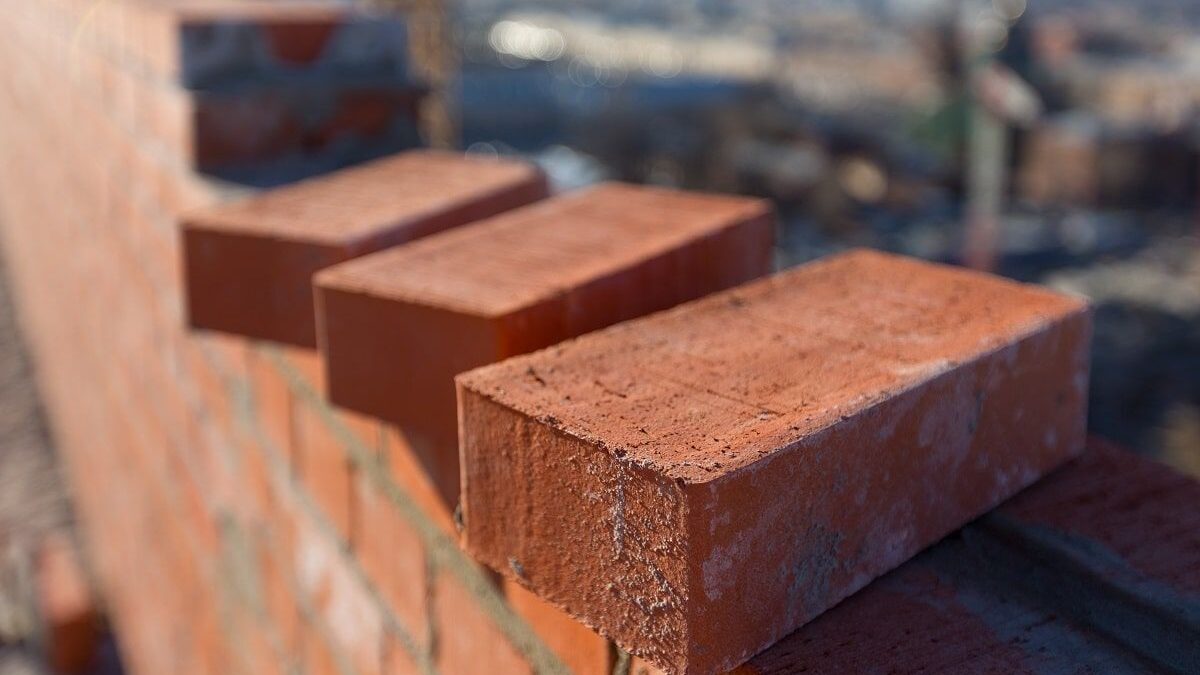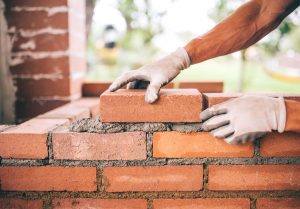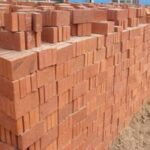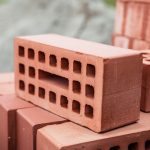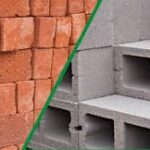How to Choose Bricks for Construction
This has to make you a very noble and aware person if you’re out here looking for the right bricks. Whilst there is a lot one can look for on brick blogs, we are definitely a deep pit for you to look into. Some of that beauty comes in with picking the right bricks for construction. In the blog How to Choose Bricks for Construction, we tell you all the required information to have while picking the right bricks.
Bricks are the foundation of any building, playing a vital role in its strength, durability, and overall appearance. Choosing the right type of brick is essential to ensure your structure stands the test of time while maintaining visual appeal. With several options available, like clay, concrete, and fly ash bricks, it’s important to understand their unique properties, quality standards, and suitability for different applications before making your choice. Please contact Bharat Bricks for more details about how to have the right construction material.
Understanding the Types of Bricks
Bricks are one of the most essential materials in construction, known for their strength, durability, and versatility. Understanding the different types of bricks helps in choosing the right one for specific building needs. From traditional clay bricks that offer natural insulation and aesthetic appeal to modern concrete and fly ash bricks that provide enhanced strength and eco-friendliness, each type serves a unique purpose. Factors like texture, color, cost, and environmental impact also influence the selection. By knowing the characteristics and uses of various bricks, builders and homeowners can make informed decisions that ensure both quality and longevity in construction projects. All the different types of Bricks available in the market are:-
- Burnt clay bricks
- Fly ash bricks
- Concrete blocks/bricks
- Autoclaved Aerated Concrete (AAC) blocks
- Cellular Lightweight Concrete (CLC) blocks
- Sand-lime bricks
- Engineering bricks
- Fire bricks
- Hollow bricks
- Facing bricks
- Interlocking bricks
Factors to Consider When Choosing Bricks
Selecting the right brick goes beyond just looks; it involves evaluating key factors like strength, durability, insulation, and cost to ensure your construction is both sturdy and efficient. Here are all the factors required to have the best pick for your house construction.
Physical and technical properties
Compressive strength: This refers to the brick’s ability to resist heavy loads without cracking. The required strength depends on the application, such as high-strength engineering bricks for foundations and load-bearing walls, or lower-strength bricks for interior partitions.
Water absorption: A lower water absorption rate is better. Quality bricks should absorb no more than 20% of their own weight in water to prevent dampness, damage from freeze-thaw cycles, and efflorescence.
Durability and weather resistance: Bricks must be able to withstand local climate conditions, including moisture, frost, wind, and heat. For instance, coastal areas require bricks that resist salt and moisture, while regions with freeze-thaw cycles require frost-resistant bricks.
Soundness: A quality check involves striking two bricks together. They should produce a clear ringing sound. A dull thud can indicate poor quality.
Thermal properties: Bricks with good thermal insulation properties help regulate indoor temperatures, improving energy efficiency. This is a key factor in choosing materials for energy-efficient buildings.
Fire resistance: Bricks are naturally fire-resistant. However, some bricks, like specialized firebricks, offer superior performance in high-temperature applications like fireplaces.
Construction and project requirements
Intended use: The function of the brickwork dictates the necessary properties. Common bricks are used for general purposes, while higher-performance options are needed for specialized applications.
Aesthetics: The color, texture, and size of bricks significantly impact the final appearance of a structure. They should complement the building’s architectural style.
Budget: The overall cost-effectiveness must be considered. While some bricks may be cheaper initially, they may lead to higher repair costs later. More durable, high-quality bricks offer better long-term value.
Material composition: Bricks can be made from various materials, such as clay, concrete, or fly ash. Each type has its own set of advantages and disadvantages. For example, eco-friendly fly ash bricks use industrial waste, but traditional burnt clay bricks may offer greater durability.
Other considerations
Local availability: Using locally available bricks can significantly reduce transportation costs and project delays.
Supplier reputation: Purchasing from a reputable manufacturer ensures the bricks meet industry standards for quality and consistency.
Compliance: Bricks must comply with all relevant local building codes and standards for construction
Environmental Considerations
We all need to take care of the environment, whether it’s through picking the right bricks or using environmental products to help save the environment. A few ways to do that are through the following ways,
Dry climate (sun-drying)
Using sun-drying elements helps in reducing the use of energy-intensive firing, significantly reducing carbon emissions and fuel consumption.
Availability of raw materials
Good-quality soil is essential for good, high-quality production of bricks. Using materials like fly ash, a byproduct of coal plants, can produce eco-friendly bricks while also managing industrial waste.
Fuel source and emissions
The fuel used to fire bricks in kilns is a major environmental concern. Traditional kilns that burn coal, biomass, or other fuels can produce significant air pollution, including carbon dioxide, black carbon, and particulate matter
Water use and contamination
If not managed properly, this can put a strain on local water resources, especially in arid regions, and can contaminate water sources with manufacturing byproducts.
Testing the Quality of Bricks
Before using bricks in construction, it’s essential to check their quality to ensure strength and durability. Simple tests like the drop test, water absorption test, and sound test can help identify good-quality bricks. A high-quality brick should have a uniform shape, smooth surface, and produce a clear ringing sound when struck. Following standard tests ensures a strong and long-lasting structure.
Choosing the Right Brick for Different Applications
Different types of construction need different bricks. For all that’s required to be the main bricks of the home you’re trying to build, choosing the right brick is necessary. Try looking for different pieces of information online, talking to your contractor about hat brick to choose and where to go for the perfect brick for your home.
Frequently Asked Questions
What factors should I consider when choosing bricks for construction?
You should consider strength, durability, water absorption, thermal insulation, appearance, and cost before selecting bricks.
How can I check the quality of bricks before buying?
You can perform simple tests like dropping a brick from about 1 meter (it shouldn’t break), checking for uniform shape and color, and tapping it to hear a clear ringing sound.
How do I choose bricks for load-bearing walls?
For load-bearing walls, use engineering bricks or high-strength clay bricks that meet IS 1077 standards and have minimal water absorption.
What is the difference between clay bricks and concrete bricks?
Clay bricks are made from natural clay and have a traditional look, while concrete bricks are made from cement and aggregates, offering higher strength and uniformity.
Which type of brick is best for house construction?
Clay bricks are a popular choice for houses due to their natural appearance, durability, and insulation properties, though fly ash and concrete bricks are also gaining popularity.

